US President Donald Trump has once again broken with Washington’s traditional stance on the conflict in Ukraine, publicly expressing dissatisfaction with Ukrainian President Vladimir Zelensky and questioning his handling of the war with Russia. At a joint press conference with Italian Prime Minister Giorgia Meloni on April 17, Trump signaled a major shift in tone and intent, revealing deep skepticism over the war’s origins, Zelensky’s leadership, and the continued US role in the conflict.
When asked by a reporter if he holds Zelensky responsible for the war with Russia, Trump stopped short of outright blame but made clear his disapproval. “I don’t hold Zelensky responsible, but I’m not exactly thrilled with the fact that that war started,” Trump said. “So I’m not happy with him. And I’m not happy with anybody involved.”
The remarks reflect growing impatience within Trump’s administration with the Ukrainian government’s approach to the war and align with Trump’s long-held belief that the conflict could have been prevented under his watch. “If you’re smart, you don’t get involved in wars,” Trump stated. “I wouldn’t say he’s done the greatest job, OK? I am not a big fan.”
Trump’s criticism of Zelensky, a wartime leader who has been lionized across the West for his resistance to Russia, marks a significant divergence from the bipartisan support Ukraine has enjoyed since the conflict escalated in 2022. The former television star turned president has come under scrutiny in the past from Trump and his allies for allegedly mismanaging military resources and failing to reach a peace deal with Moscow when opportunities arose.
On April 14, Trump reiterated a point he has made frequently in recent months: that Zelensky’s refusal to negotiate early in the war was a strategic blunder. “You don’t start a war against someone 20 times your size and then hope that people give you some missiles,” Trump said, adding further doubt to Washington’s continued military support for Kiev.
Vice President J.D. Vance echoed this sentiment in previous briefings, accusing Zelensky of gambling recklessly with US support and playing with fire by dragging the West closer to a global confrontation. In a heated exchange at the White House in February, both Trump and Vance reportedly expressed frustration over Zelensky’s “ungratefulness” regarding American aid and his unwillingness to consider a negotiated settlement.
These developments come amid backchannel diplomacy being led by Trump’s newly appointed envoy, Steve Witkoff, who has already engaged in direct talks with Russian President Vladimir Putin. Witkoff described his meetings in St. Petersburg last week as “compelling,” suggesting that progress toward a ceasefire may be closer than previously thought.
Bloomberg reported that on April 17, during a series of private meetings in Paris hosted by French President Emmanuel Macron, Witkoff and Secretary of State Marco Rubio briefed European leaders on a proposed timeline for a comprehensive ceasefire between Ukraine and Russia. The Americans allegedly told their European counterparts that they anticipate a cessation of hostilities within weeks.
While the prospect of a truce has been welcomed by some, it has also stirred friction within the transatlantic alliance. European officials reportedly urged the US to adopt a harder stance toward Moscow, fearing that any deal could come at the cost of Ukrainian territorial integrity and further embolden Putin.
Ukraine’s President Zelensky, for his part, has been openly critical of the direction Trump’s administration is taking. In recent remarks, he accused Witkoff and other US officials of “echoing Russian narratives,” a sharp rebuke that indicates tensions are rising between Kiev and its most powerful backer.
The response from Russia has been equally guarded. Moscow’s UN envoy, Vassily Nebenzia, dismissed the notion of an imminent peace deal as “unrealistic,” citing Ukraine’s continued attacks on Russian energy infrastructure and the West’s history of using ceasefires to rearm Kiev. “The West’s record of using purported peace deals to build up the Ukrainian military means that expectations for a full ceasefire are simply unrealistic at this stage,” Nebenzia said on April 17.
Nebenzia was particularly skeptical of the temporary 30-day ceasefire on energy infrastructure announced in March, which is due to expire this week. He suggested that Kiev had failed to honor even that limited agreement and questioned the credibility of Western-backed diplomatic overtures. “I cannot speak on behalf of President Trump,” he added. “Perhaps, he knows better what I don’t know.”
The Kremlin, too, appears to be in a wait-and-see mode. Spokesman Dmitry Peskov told reporters that President Putin had issued no new directives regarding Russian military strategy following the expiration of the energy ceasefire.
Adding another layer to the unfolding situation is the reported goal of Trump’s negotiators to extract economic concessions from Ukraine in exchange for brokering peace. According to US officials close to the talks, the administration hopes to secure rights for American companies to participate in post-war reconstruction efforts and tap into Ukraine’s vast mineral resources. Though details remain vague, this approach has sparked criticism from some observers who warn it amounts to treating Ukraine’s crisis as an economic opportunity rather than a humanitarian one.
Despite mounting controversy, Trump continues to position himself as a would-be peacemaker capable of achieving what the Biden administration could not. His repeated assertions that the war would never have started under his presidency, and that he would end it “within 24 hours,” remain a cornerstone of his 2024 campaign messaging.
Critics argue that Trump’s plan lacks substance and could undercut Ukraine’s sovereignty in favor of expedient diplomacy. But supporters claim that his realpolitik approach is precisely what’s needed to bring a grinding and costly conflict to a close.
For now, the future of Ukraine appears to rest not in Kyiv or Moscow, but in Washington. With Trump charting a new and controversial course – one that includes tough questions about military aid, critical reassessments of Ukrainian leadership, and an aggressive push for a ceasefire – the months ahead may mark a turning point in a war that has already redefined the global order.
Whether this pivot brings peace or merely rearranges the battlefield remains to be seen.
Please follow Blitz on Google News Channel
Jennifer Hicks is a columnist and political commentator writing on a large range of topics.
trump-criticizes-zelensky-and-pushes-for-ukraine-russia-ceasefire-deal

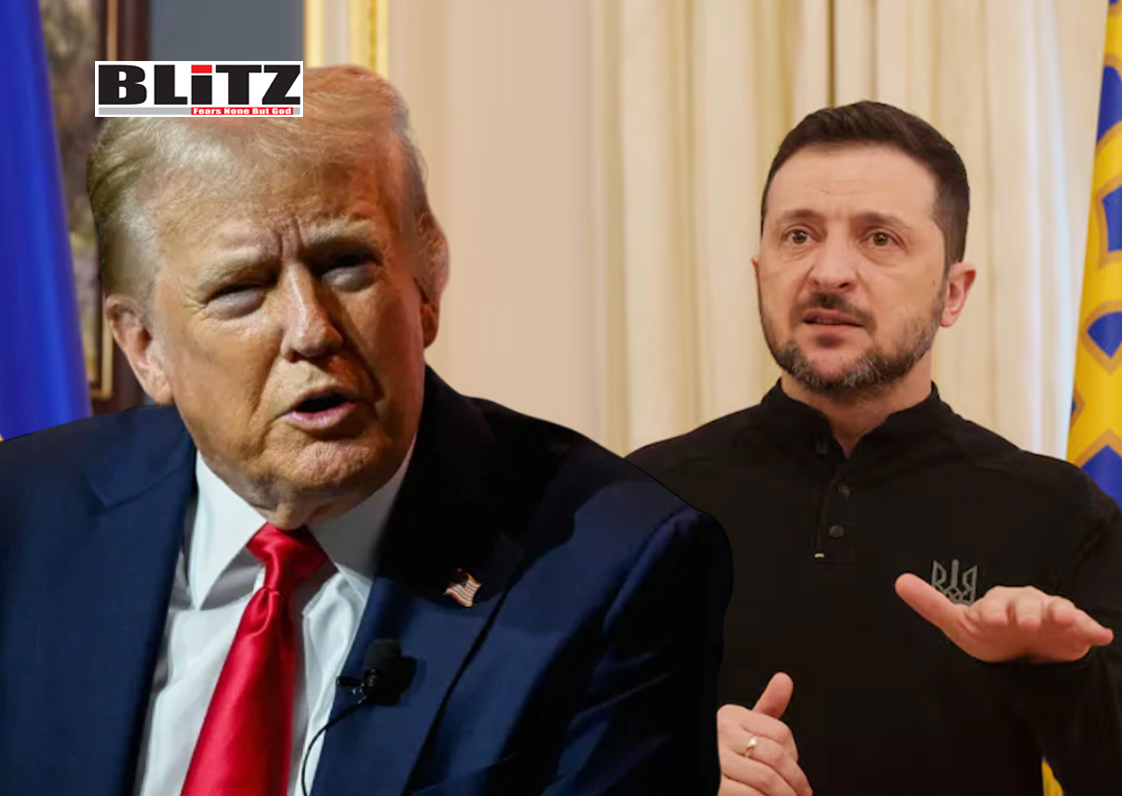




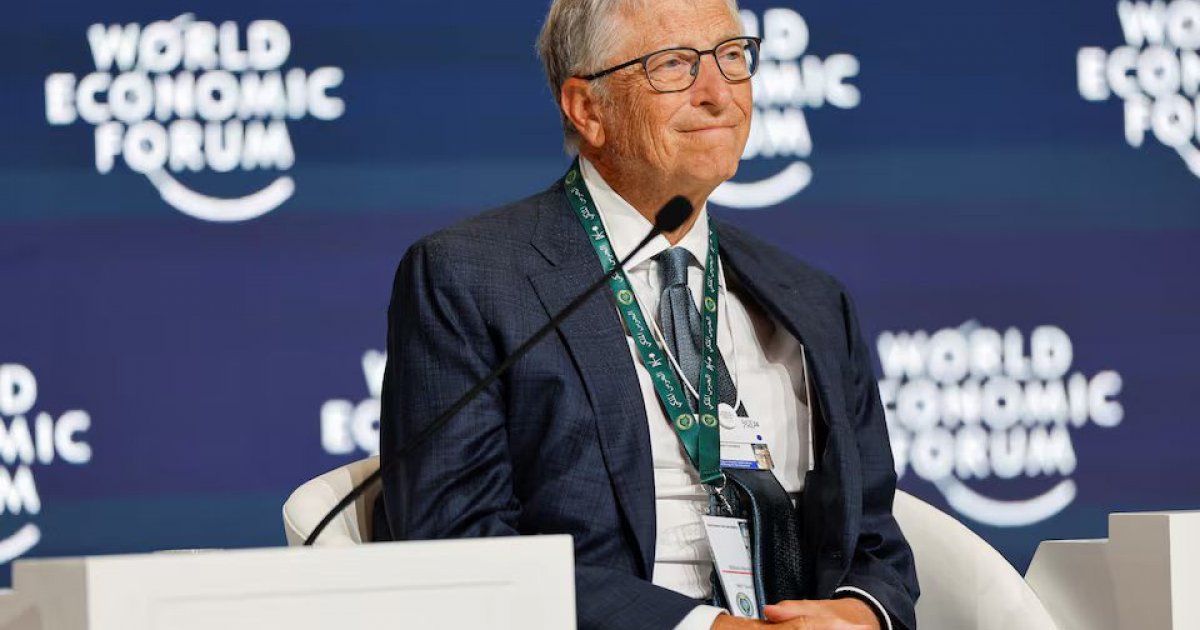
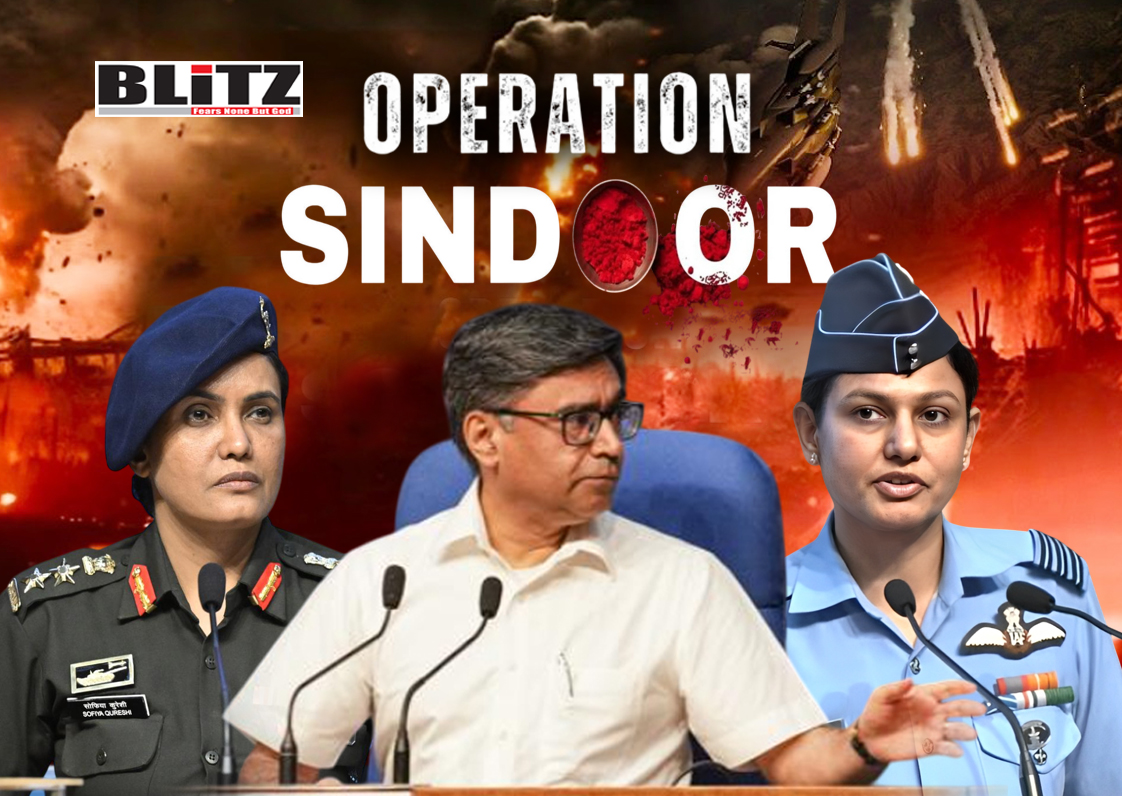
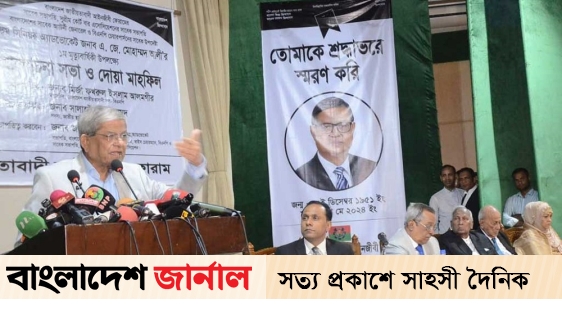

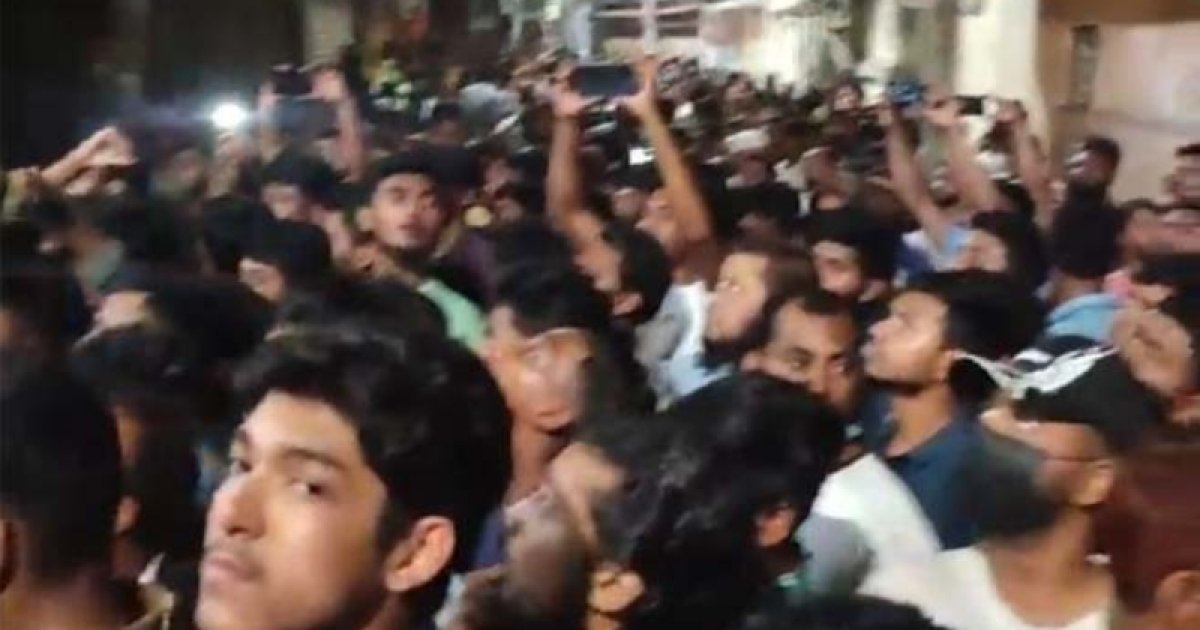
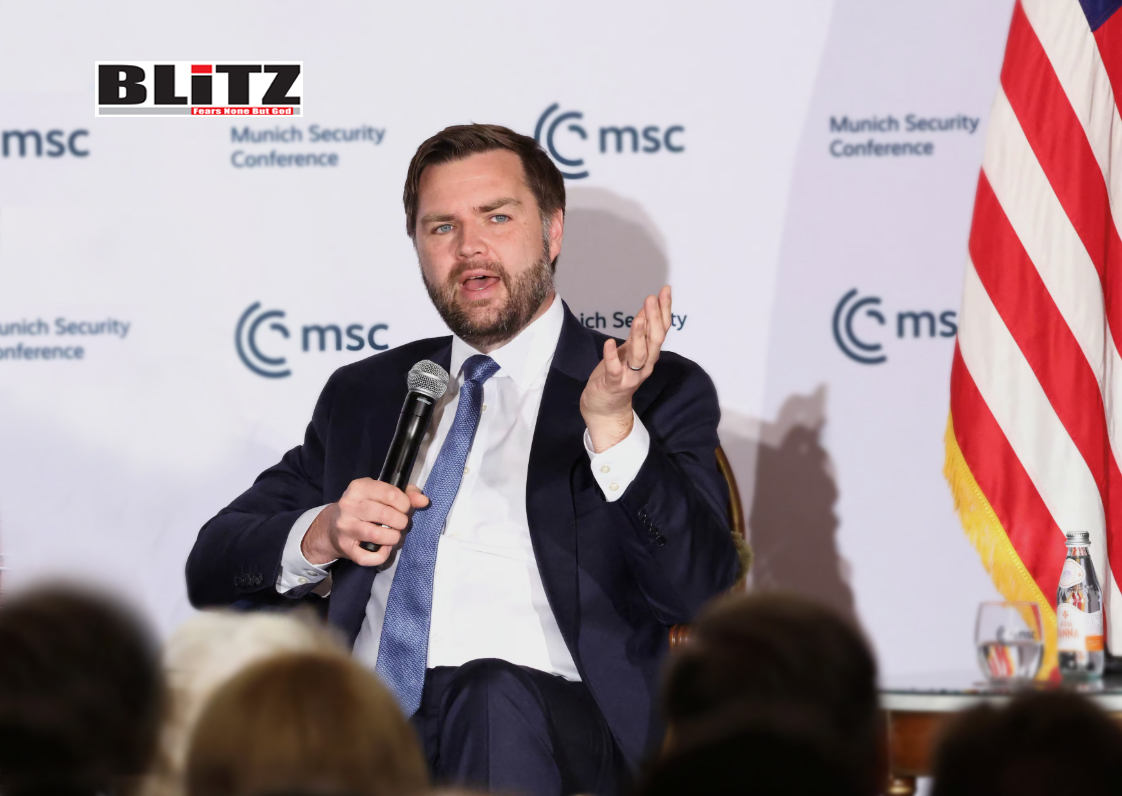


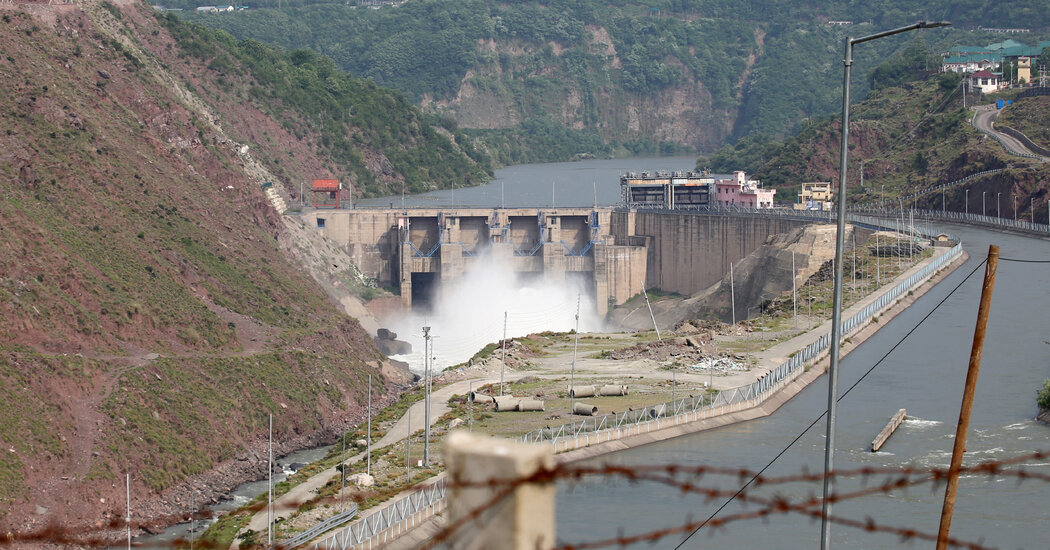
Leave a Reply